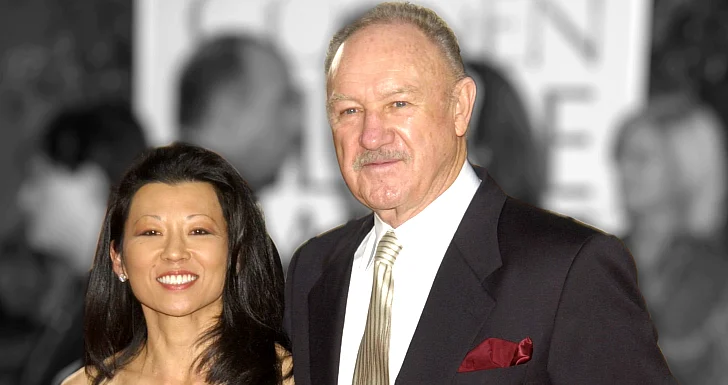T he Long Journey Out of Opioid Dependency
“I was in so much pain that, some days, when I came home from work, I would sit on my couch, not move until the next morning, without eating…”
Jean-Marie, a fifty-year-old glazier, remembers vividly the agony that consumed him after being diagnosed with degenerative disc disease.
In 2012, a scan revealed a spinal birth defect that led to the degeneration of his vertebral discs. His doctors first prescribed painkillers and muscle relaxants, but the relief was short-lived. Subsequently, they turned to a powerful painkiller – sustained-release morphine, in a brand called Skenan.
No doctor warned him of the risk of dependency associated with high doses. Jean-Marie admits he didn’t read the instructions. For a week, the pain subsided. When it inevitably returned, his emergency fix provided temporary relief.
“I was in the moon,” he confided to his doctor, hoping for a solution. The doctor, seeming unfazed, suggested yet another form of morphine – Actiskenan, a faster-acting morphine. He took six tablets a day. “I took it to be able to work: you are in pain, you take one and you can leave,” he shared with a sigh.
Jean-Marie was taking around ten pills a day. He became dependent.
A Spiral of Dependency
Every three months, his prescription was renewed. No physical examinations, no probing questions.
Then, in 2017, the inevitable happened. Vomiting, sweating, diarrhea. He found himself in the emergency room, consumed by the agony of withdrawal.
“They gave me my dose, and I felt better,” he recalls.
The emergency doctor pointed him toward addressing his addiction. Referral in hand, Jean-Marie found himself at the university addiction service in Lyon, under the care
of Dr. Benjamin Rolland, who had recently founded the Lyon Resource Center for Addiction in May 2023. Slowly, month by month, Jean-Marie began to wean himself off the drugs that had come to both soothe and enslave him.
One question haunts him: why wasn’t he warned? “Why was I allowed to gorge myself on medications from 2012 to 2017? Why didn’t anyone tell me?”. The emotional wound of neglect persists.
An Ongoing Challenge
For many, opioids provide relief from agonizing pain. But they also hold a dangerous potency. Opioids encompass both natural substances like morphine, codeine, and synthetic ones like fentanyl or tramadol. Due to their effectiveness in combatting moderate to severe pain, often stemming from conditions like cancer, post-surgical recovery, or chronic pain
These drugs target opioid receptors within the brain, playing a key role in regulating pain perception. They also significantly elevate feelings of pleasure, reward, and well-being.
Walking the tightrope between pain relief and addiction is a complex and delicate process.
This is a story of navigating those complexities.
It’s an ongoing battle.
What are some of the physical and emotional challenges Jean-Marie experiences while struggling with opioid dependency?
## Trapped in a Cycle: One Man’s Journey through Opioid Dependency
**Interviewer:** Today, we’re joined by Jean-Marie, who bravely shares his story of battling opioid dependency after a chronic pain diagnosis. Jean-Marie, thank you for being here.
**Jean-Marie:** Thank you for having me.
**Interviewer:** Can you tell us about the initial pain that led you down this path?
**Jean-Marie:** It was debilitating. Degenerative disc disease made everyday life agonizing. I was desperate for relief.[[[[
**(Pause)**]My doctor prescribed painkillers, then stronger ones, eventually morphine. It worked at first, but the relief was fleeting.
**Interviewer:** So, the pain returned, and the dosage increased?
**Jean-Marie:** Exactly. I became reliant on those pills just to function. Unfortunately, no one, not even my doctors, warned me about the addictive nature of these powerful medications.[[[[
**(Pause)**]It felt like there was no way out.
**Interviewer:** This must have been incredibly isolating.
**Jean-Marie:** It was. Hiding the extent of my dependency, pretending everything was alright while battling withdrawal symptoms—it took a toll. The article [[1](https://www.webmd.com/mental-health/addiction/opioid-withdrawal-symptoms/)]talks about the severity of opioid withdrawal, and it’s true, it’s extremely difficult.
**Interviewer:** You mentioned an “inevitable” event in 2017. Can you elaborate?
**Jean-Marie:** The withdrawal hit me full force. Vomiting, sweating, diarrhea—my body was in agony. I ended up in the emergency room craving nothing more than another dose to stop the suffering.
**Interviewer:** What happened after that hospital visit?
**Jean-Marie:** That’s where the turning point came. The doctor, instead of simply prescribing more morphine, finally addressed the addiction. He referred me to a specialized addiction service, and I began the long journey of recovery.
**Interviewer:** Jean-Marie, your story is incredibly powerful. Your bravery in sharing your experience can help so many others who are struggling with opioid dependency. What message would you give to someone who finds themselves in a similar situation?
**Jean-Marie:** Don’t suffer in silence. There is help available. Addiction is a disease, not a weakness. Talk to someone, seek treatment. It won’t be easy, but recovery is possible.



